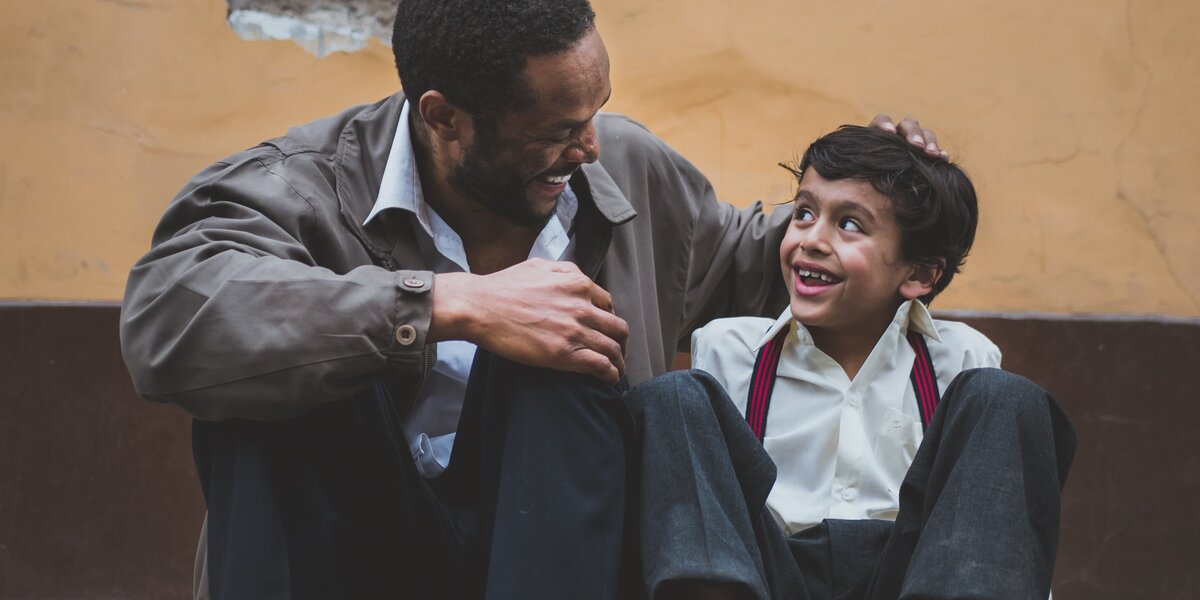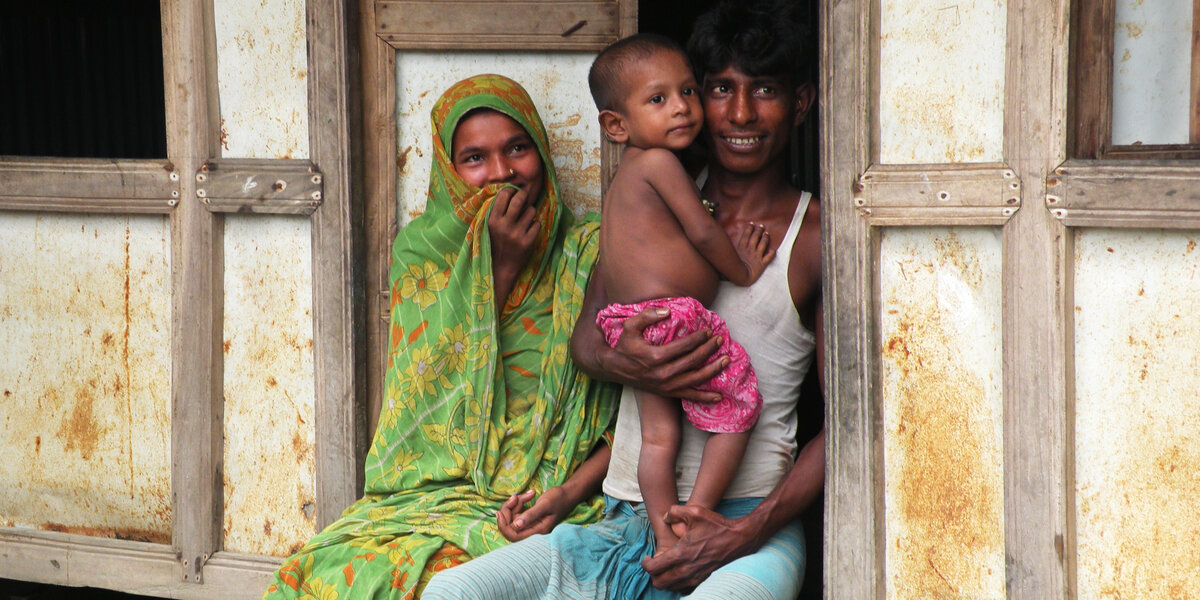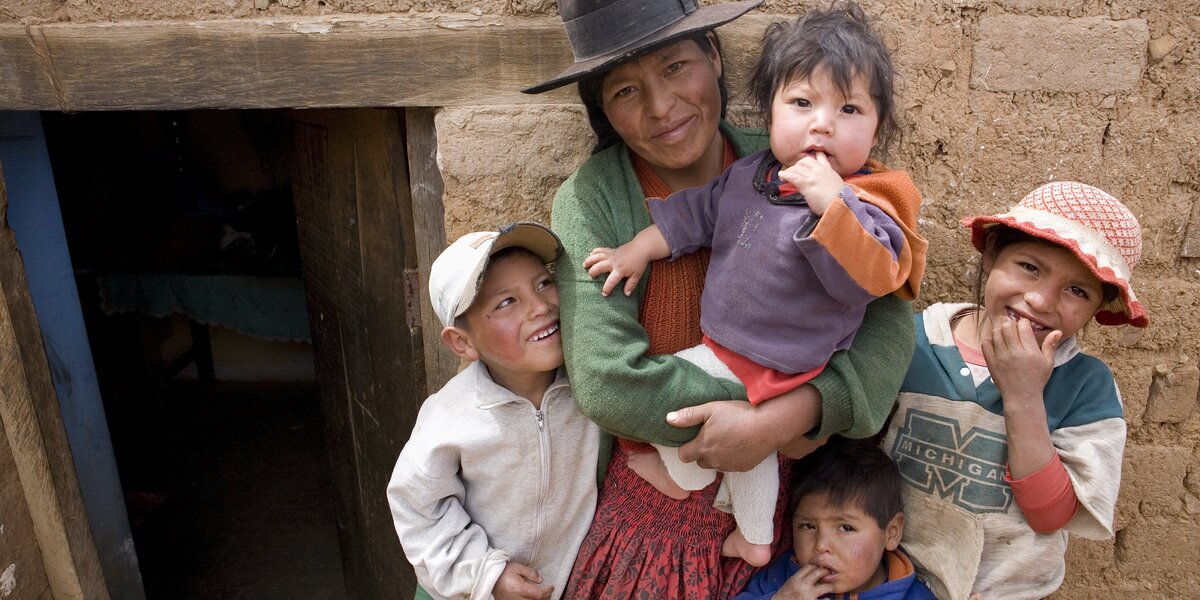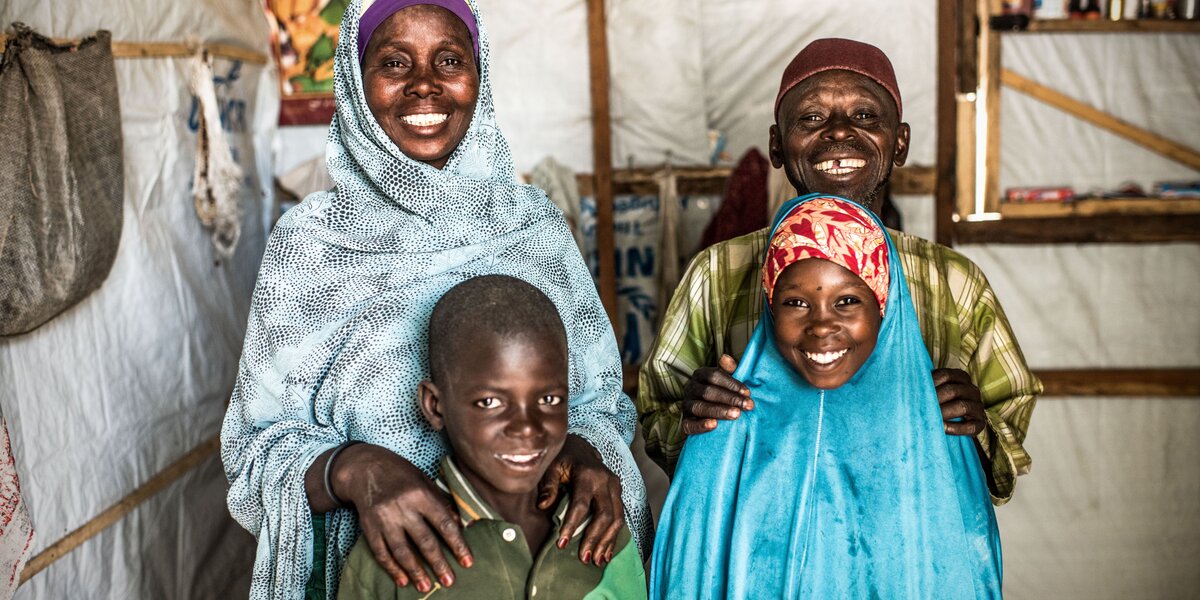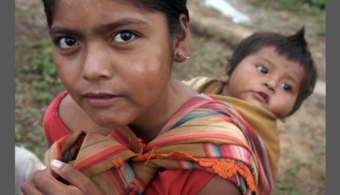The Better Care Network is an interagency network facilitating global information exchange and collaboration on the issue of children without adequate family care.
The global hub of knowledge to facilitate action for children without family care
COVID-19 Resource Center
Resources on the response to the COVID-19 pandemic as it relates to child protection and children's care.
Explore
Ukraine Response
This section includes resources, news and other key documents related to children's care in the context of the current humanitarian crisis affecting Ukraine and surrounding countries.
resources, news and other key documents related to children's care in the context of the current humanitarian crisis affecting Ukraine and surrounding countries.
Explore
The OPT Humanitarian Crisis
This section includes news related to children's care in the context of the current humanitarian crisis affecting Gaza and other parts of the Occupied Palestinian Territory. This section is updated regularly.
Explore
Visit the Transforming Children's Care Collaborative, aimed at establishing more strategic sector-wide collaboration.
Visit the resource hub on transforming systems of care, including the transitioning of residential care services.
Cross sectoral global coalition working to redirect funding away from orphanages towards family strengthening and address the issues of orphanage voluntourism and orphanage trafficking.
Browse the Practitioner Hub
Explore the Practitioner Hub, an online library containing practitioner-related resources organized around the components of the care system.
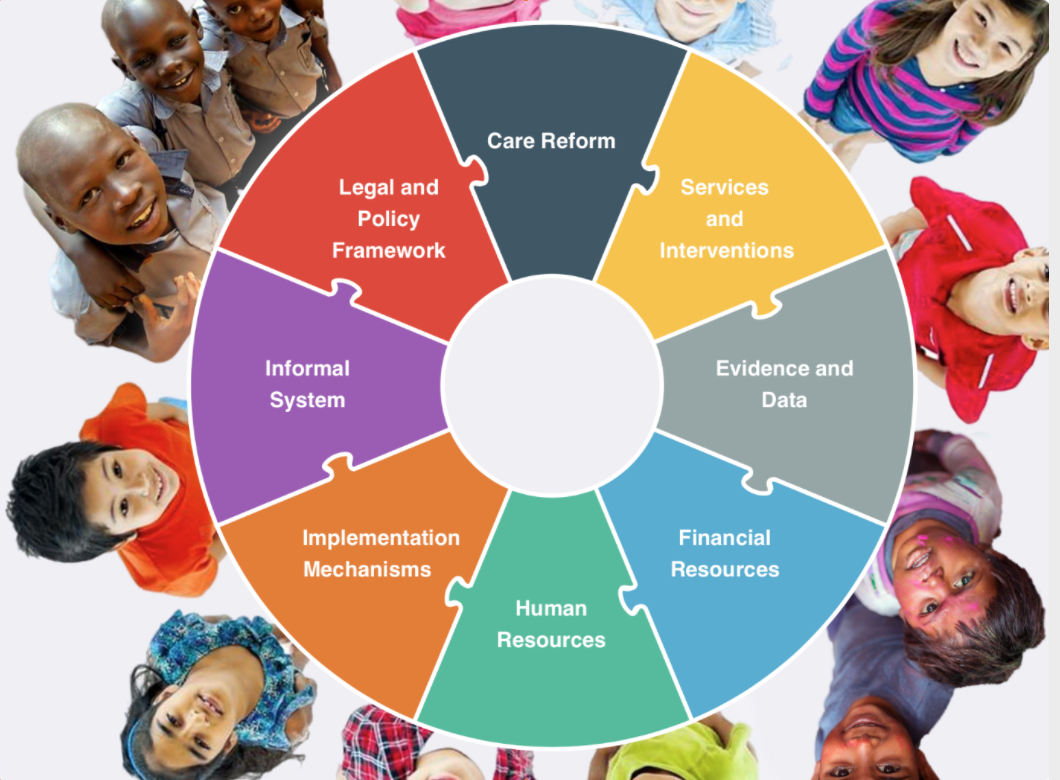
This article notes how a pan-India study revealed that thousands of children of incarcerated parents (CoIP) are left invisible and vulnerable within India’s criminal justice system despite Supreme Court mandates intended to protect their rights and well-being.
Countries that sign the Global Charter on Children's Care Reform are encouraged to make their own commitments describing specific actions they will take to realise the aims of the Charter. This guidance document aims to support governments to design ambitious, measurable, and context-specific commitments that align with the Charter’s principles.
This paper brings together care-experienced young people from South Africa and Northern Ireland, along with researchers and practitioners, to share experiences and advocate for improved systems for those transitioning from alternative care. Through reflection and collective learning, it highlights the issues that matter most to care leavers and offers ideas for strengthening policies, practices, and support.
In this video, practitioners, faith leaders, and a Kafaalah caregiver share experiences in promoting and strengthening Kafaalah as an important part of family-based alternative care in Kenya.

